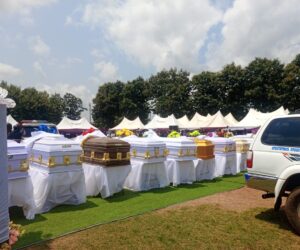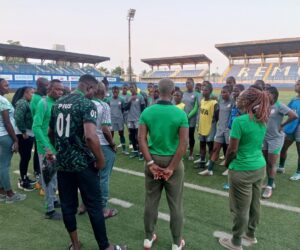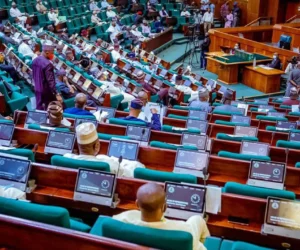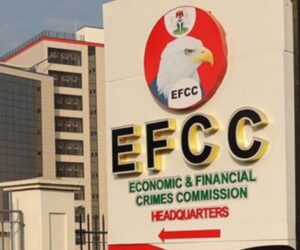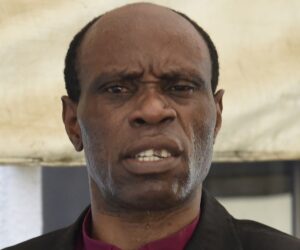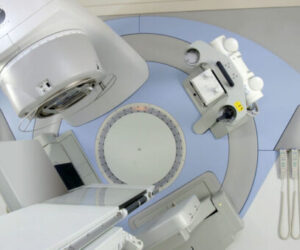The House of Representatives has directed an investigation into the growing trend of medical consultants and personnel in public hospitals engaging in private practice during official working hours.
This resolution followed a motion on a matter of urgent national importance moved on Thursday by Jessie Onuakalusi (LP, Lagos) during plenary.
Mr Onuakalusi, in his motion, expressed concern over what he described as “unethical practices” among consultants and doctors at the National Hospital, Abuja, and other federal teaching hospitals who allegedly abandon official duties to attend to patients in private facilities.
He noted that the National Hospital, Abuja, was designed to provide tertiary health services to Nigerians and serve as the top referral centre in the Federal Capital Territory and across the country.
Originally conceived as a women’s and children’s hospital, it was later expanded to cover all medical and surgical specialties, with a mandate to deliver quality health care, training, and research.
However, Mr Onuakalusi lamented that reports have continued to surface showing consultants and medical personnel “running their own clinic or working in another private clinic during the official work hours,” thereby neglecting patients at the hospital.
He said, “These unethical practices have led to divided attention, neglect of patients, and, in many cases, avoidable deaths due to delays in adequate medical attention.”
Citing findings from an autopsy-based study at the National Hospital, he noted that about 11 per cent of recorded deaths over 10 years were linked to negligence and lapses attributed to doctors.
Mr Onuakalusi further disclosed that his concern was partly inspired by personal experience. “As regards my aunt, as reported, there were great complaints of negligence, lack of accountability, and quack practices among doctors,” he said.
He warned that if such conduct is left unchecked, it would “erode public trust and further weaken confidence in Nigeria’s already fragile health system.”
The lawmaker urged the House to condemn in strong terms the practice of doctors and consultants abandoning official duties for private work.
He further called for an ad hoc committee to be set up to conduct a comprehensive audit of consultants and doctors in all federal teaching hospitals and the National Hospital, Abuja, to determine their contractual status, attendance records, and possible engagement in private practice during official hours.
The motion also mandated the Nigerian Medical Association (NMA), the Medical and Dental Consultants Association of Nigeria (MDCAN), and the Medical and Dental Council of Nigeria (MDCN) to collaborate with the proposed committee in the audit process.
Debate
Contributing to the debate, a former Deputy Speaker, Idris Wase (APC, Plateau), described the motion as “contentious,” warning that it could further worsen the country’s doctor shortage.
He said while the concern was valid, Nigeria’s poor remuneration and working conditions had forced many doctors to seek alternative sources of income or relocate abroad.
“We all know the number of doctors leaving this country daily because of the poor condition of service,” he said. “I do not agree that doctors should leave official duty during work hours for private practice, but after their official hours, they should be allowed to use their skills to earn additional income.”
He reminded the House that during the last constitutional amendment exercise, there was a proposal to formally allow consultants to maintain private practice as a means of retaining medical experts in the country.
Speaker Abbas Tajudeen, who presided over the plenary, clarified that the motion did not seek to ban private practice but rather to ensure that doctors do not neglect their official duties.
“If you read what he said, it is clear that he is calling for monitoring of doctors during official hours. They can have private practice, but not at the expense of their duty in public hospitals,” the speaker explained.
Mr Wase, however, questioned the practicality of such monitoring. “How do you determine that? This is an administrative responsibility of the hospital management. Setting up another committee for that might be complicated,” he said.
In his contribution, Wole Oke (PDP, Osun) supported the motion, describing it as investigative in nature. “There are hundreds of allegations here. Let us allow the committee to look into these issues and return with facts so that we can speak from a position of evidence,” he said.
Committee to be constituted
After extensive deliberations, the motion was adopted by the House. Mr Tajudeen announced that an ad hoc committee would be constituted in due course to carry out the investigation.
What the law says about doctors’ private practice
Under Nigeria’s public service rules, full-time medical practitioners employed by the federal government are generally prohibited from engaging in other paid employment without due authorisation.
However, in practice, many medical consultants in teaching and federal hospitals engage in “private practice,” a system where they own or work for private clinics in addition to their public duties.
According to a 2017 PREMIUM TIMES report, Nigeria’s 1999 Constitution prohibits public officials from engaging in private business, including while in public service.
The Nigerian government, through the Minister of Health at the time, Isaac Adewole, said it was reviewing practices in the health sector, especially whether medical doctors employed by the government can engage in private practice.
READ ALSO: Jigawa adopts new salary structure for doctors, health workers after 15 years
According to some practitioners who spoke on the issue, the federal government has no power in law to undertake a review that would ban practitioners working in public institutions from private practice.
They hinged their position on the “Regulated and Other Professions (Private Practice Prohibition) Decree No 1 of 1992,” which exempted doctors from the ban of public officials from private practice.
The same article notes that the MDCN’s Code of Medical Ethics permits doctors in full‑time public employment to engage in private practice outside official hours but in their free time, a provision some legal commentators say conflicts with the Constitution.
While the Medical and Dental Practitioners Act does not expressly ban private practice, it requires practitioners to obtain approval from their employers and adhere to ethical codes set by the MDCN.
In reality, enforcement has been weak, and many consultants run parallel clinics, often during official hours.





